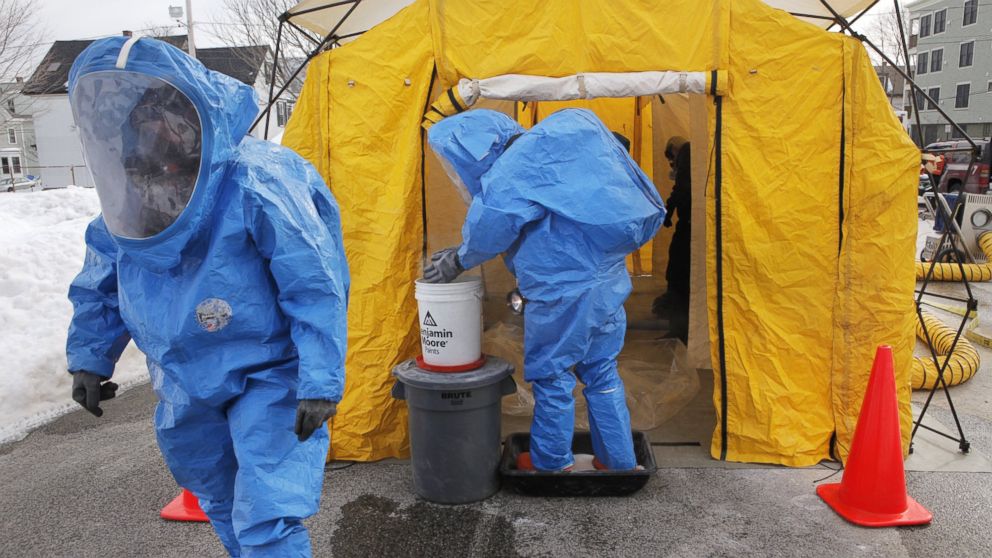Here's How Prepared Your State Is for an Outbreak
Study looks at states preparedness to deal with major outbreaks.

— -- If you live in Delaware, Kentucky, Maine, New York, or Virginia, congratulations -- your state is tied for top billing in terms of preventing, diagnosing and responding to disease outbreaks, according to a new report from the Trust for America's Health (TFAH).
Using data from the Centers for Disease Control and Prevention, TFAH devised a scoring system with metrics such as flu vaccination rates, food safety and HIV/AIDS surveillance -- and then evaluated each of the 50 states to see how they stacked up.
The report details ways in which the whole nation could be doing better when it comes to preventive health. And it may come not a moment too soon: Around one in 25 people who are hospitalized each year contracts a health care-associated infection, leading to some 75,000 deaths annually -- and only nine states made strides in lowering that number between 2012 and 2013.
In addition, roughly one in four preschoolers are not receiving all recommended vaccinations, according to the report, and when it comes to the flu, only 18 states vaccinated at least half of their population from fall 2014 to spring 2015.
Using a 10-point system, the top five contenders maxed out at 8/10 points, while the bottom seven states -- Oklahoma, Idaho, Kansas, Michigan, Ohio, Oregon and Utah -- lagged behind with 3/10.
Dr. Jeffrey Levi, executive director of TFAH, noted that after dramatic outbreaks, such as the Ebola epidemic, the nation tends to mobilize public health efforts in a sudden and intense way -- but after the urgency of the news fades, people “fall back into a place of complacency.”
"We must get beyond our focus on new and exotic emerging concerns and get down to business in preventing ongoing disease burdens,” he said.
In the realm of food safety, more states are improving, the report found. In 2013, 39 states met the national performance target of testing 90 percent of a specific strain of E. coli cases within four days, meaning they were able to respond and help stop outbreaks of the bacterial disease.
There's still one big threat on the horizon, according to the report: “superbugs,” or antibiotic-resistant infections. More than 2 million Americans contract these infections each year, leading to more than 23,000 deaths and $20 billion in direct medical costs.
Dr. William Schaffner, an infectious disease expert at Vanderbilt University, told ABC News that proper support and funding is key to preventing outbreaks.
"As Ebola demonstrated and MERS and chikungunya, these diseases that are exotic and new and strange and distant can appear at home very, very quickly," Schaffner said. "The bad germs don’t need a passport."
Proper funding and support is needed so that epidemiologists have enough laboratories to test and work to stop diseases before there's an outbreak, Schaffner said.
ABC News' Gillian Mohney contributed to this report.




